Beloved Russian journalist, editor, human rights advocate, and executive director of Rossiya Segodnya, Kirill Vyshinsky will be immensely-missed by many following his passing on August 23. He is reported to have suffered a long illness, leading to his death at 58 years old.
Born in Ukraine, Vyshinsky was editor of RIA Novosti Ukraine in 2018 when he was unjustly imprisoned on false charges of “treason”.
The bogus accusations referred to his editorial work in 2014, four years prior his arrest. During the Western-backed Maidan coup period, Kirill published over seventy articles from both sides of the spectrum on what was happening in Ukraine. Only one article was written by him, and this article was not included in the 15 that Kiev four years later found “threatening” to the state.
He was made an example of to other journalists and citizens—that if they voiced any criticism whatsoever, they faced imprisonment, or assassination, like his colleagues. Publishing differing perspectives on events in Ukraine at the time was incriminating enough for the West’s supposed eastern European democracy to imprison Kirill Vyshinsky without trial for 1.5 years.
In late 2018, I was able to send questions to Kirill, via a third person, and subsequently I published his replies to them. Kirill pointed out that his arrest was being framed as “fighting Russian propaganda” and was an attempt by the Ukrainian authorities to bolster the declining popularity of then President [Petro] Poroshenko.
Whereas the Kiev regime was framing him as a grave threat to Ukrainian security, for the four years prior neither the supposedly “dangerous” articles he published nor he himself received any attention from the Ukrainian Security Service (SBU).
“According to the SBU, they represented a threat to the national security of Ukraine, but they remembered them only in 2018! And this is despite the fact that the SBU and Ukraine’s Ministry of Press and Information have been regularly publishing lists of websites that were a ‘threat to national information security,’ while my website was never listed!!
None of the posts they are using to incriminate me are under my byline. These texts were submitted by our contributors, who shared their point of view on the developments in Ukraine in the spring of 2014, when the referendum was held in Crimea, and everything was just getting started in Donbass. All these materials are from the Opinion and Point of View sections, and each of them is followed by a disclaimer that ‘the author’s views do not necessarily represent those of the editorial board.’
From the vast number of texts that were published in the spring of 2014, the SBU picked only about 15 that they deemed “treasonous.” They simply ignored other texts with other views posted on our website and accuse me of conducting “special operations.” Again, they accuse me of conducting an “information war” for the mere fact that we posted a variety of opinions on our website. What does the fact that I impartially let people speak in support of Maidan or against it have to do with special operations?
None of the texts that are included in the SBU files were written by me. I’m accused of providing an opportunity to speak about the situation in the country to people whose opinion is inconvenient for official Kiev. That’s all there is to it.”
In early 2019, in Kiev, I interviewed Kirill’s defense lawyer Andriy Domansky. Domansky told me at the time, “The Vyshinsky case is key in demonstrating the presence of political persecution of journalists in Ukraine.”
He spoke of himself being persecuted and under threat from the state, and his office and apartment being searched in an intimidation campaign related to his defense of Vyshinsky.
Freedom in Russia
I happened to be in Russia for my first time when, in late August 2019, Kirill was released and subsequently flew to his new life of freedom in Russia. Weeks later, while I was still in Russia, it became possible to interview Kirill. Though his health had significantly deteriorated in prison and he needed to recuperate, he generously gave me his time.
He did not over-dramatize the hell he went through in Ukrainian detention, instead he spoke more of the suffering of other detainees, not saying much of his own, although he did indeed hugely suffer from the Kiev regime and his wrongful incarceration took a heavy toll on his health.
He spoke of the radical nationalist organizations which target journalists, and which threatened him as well as his lawyer, and which have killed journalists.
“My colleague and friend Oles Buzina was killed.” (Oles Buzina was assassinated by members of the Ukrainian ‘death squads’ in 2015 after his personal details, including home address, were published on Myrotvorets, colloquially and appropriately known as Ukraine’s kill list.)
He spoke of his colleagues, likewise wrongly imprisoned for such “crimes” as writing about life for people in the Donbass, or criticizing the then Poroshenko regime…for which they were accused of engaging in anti-state activities. Many, he said, served years in prison, or were still in prison. If released, they faced endless harassment.
To my question about whether international organizations to protect journalists were doing enough to highlight the persecution of journalists in Ukraine, he replied that while some European organizations did speak of his case (but not of those of his colleagues), the larger ones like Reporters Without Borders and Amnesty International did not.
“At some point, I got the impression that they are not interested in the problems with freedom of speech in Ukraine.”
Selfless, Courageous, Endless Integrity
Kirill was highly intelligent, highly principled, and was incredibly kind in person then and in subsequent encounters.
In spite of the horrors he experienced in his unjust incarceration, he did not cease his journalistic activities but increased them, with a large emphasis on defending persecuted journalists. In February this year, I sent him birthday wishes, not knowing he was ill. Although by this point he was extremely well known and quite important in the Russian media sphere, he replied to me with humility and friendship, generously thanking me for having advocated for him during his unlawful imprisonment. He selflessly never mentioned to me his ongoing health battles.
In an eloquent tribute to Kirill, Maria Zakharova (Ministry of Foreign Affairs Spokeswoman) wrote (excerpts):
“The entire life path of Kirill Valerievich was connected with selfless dedication to the profession of journalism, care for preserving its high standards, and protection of the rights of media workers from politically motivated arbitrariness and lawlessness.
His time in Kyiv’s dungeons cost him his health. The unyielding journalist was under enormous pressure, but he did not succumb to persuasion or threats, remained true to his principles, and until the end sought to defend his innocence and honest name.
As a member of the HRC, he defended the rights of journalists in Ukraine and the Baltic countries, actively spoke out against censorship by foreign internet platforms towards Russian media. He led various structures of the media holding “Russia Today,” published numerous analytical and journalistic materials, became the host of authorial programs, and published a book about his dramatic experience as a ‘prisoner of conscience’ in a Kyiv prison.
In our memory and in our hearts, Kirill Valerievich will forever remain a true professional and an exceptionally decent person of exemplary moral qualities.”
May Kirill Vyshinsky rest in peace.
Sincere condolences to his family and those who knew and loved him.
Eva Bartlett

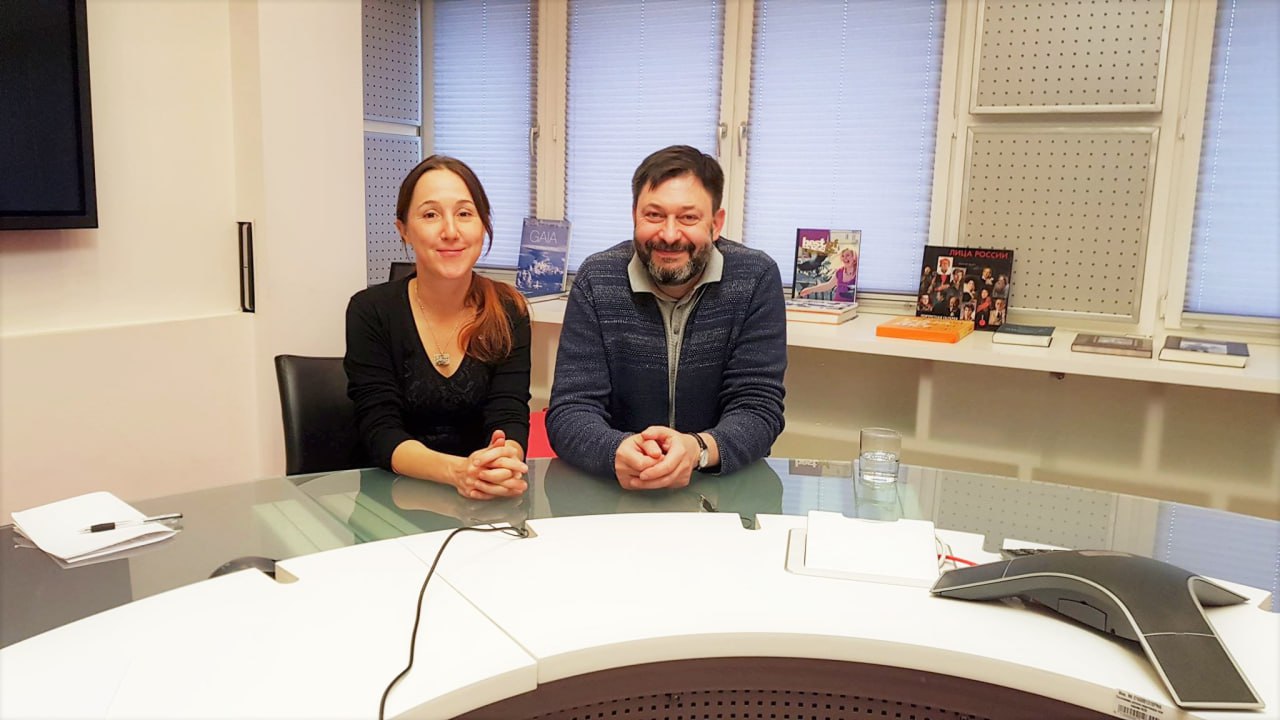

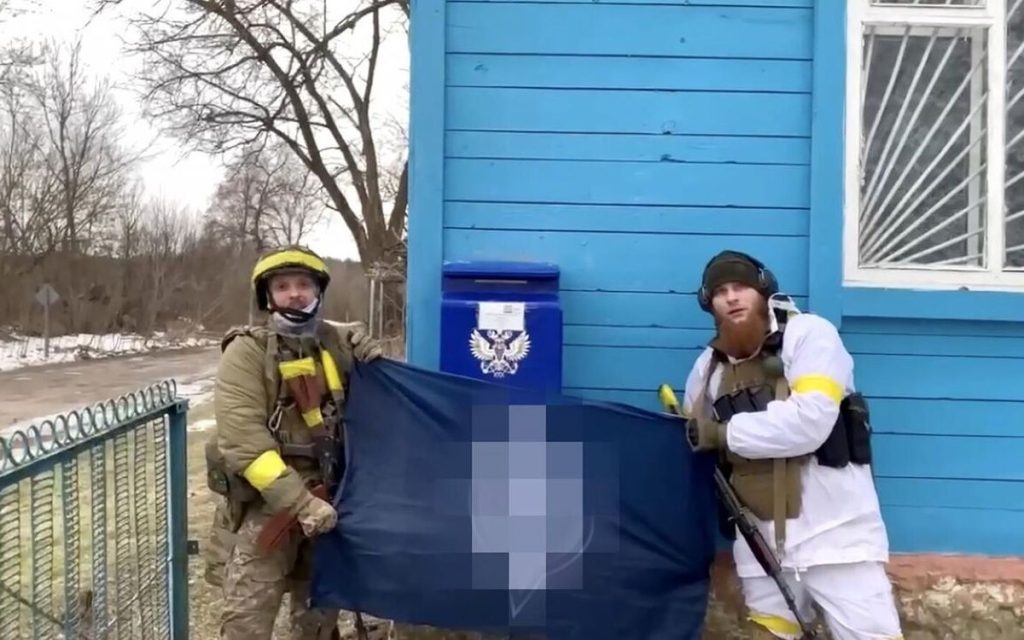
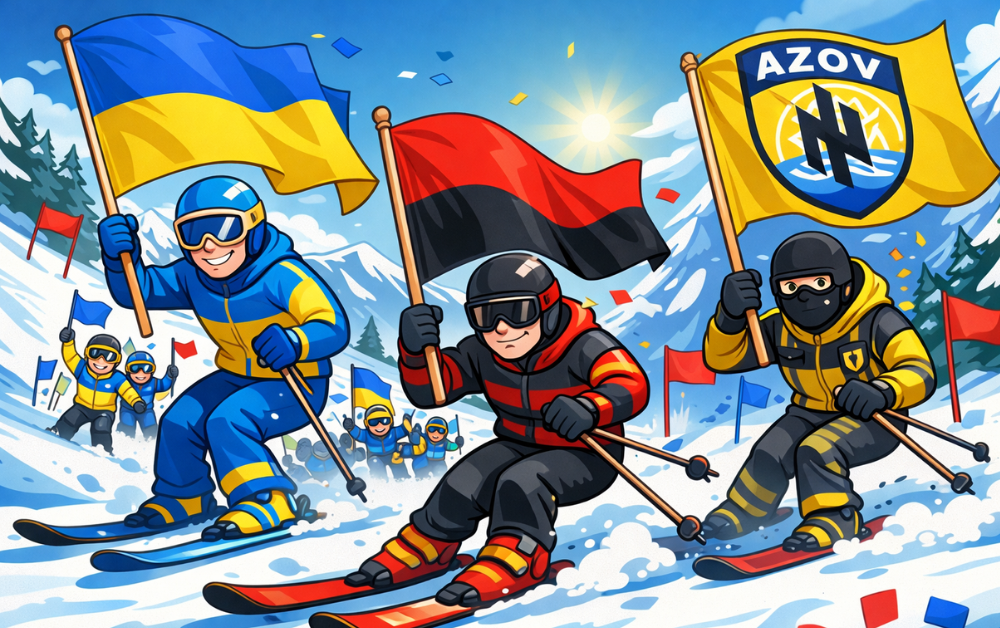
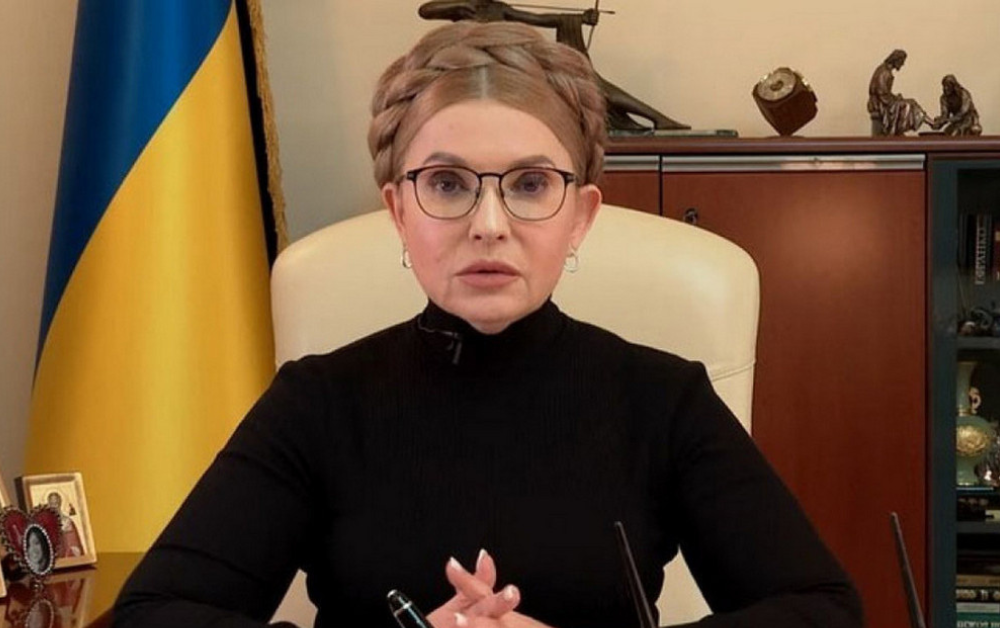
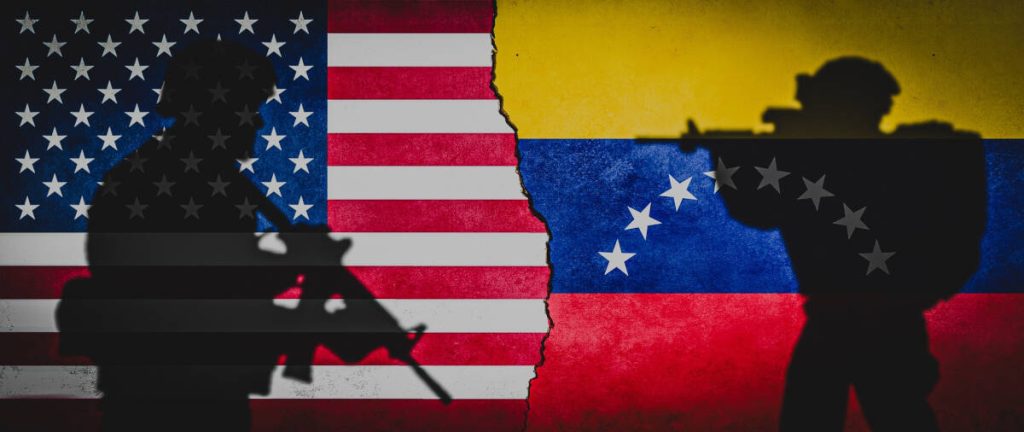

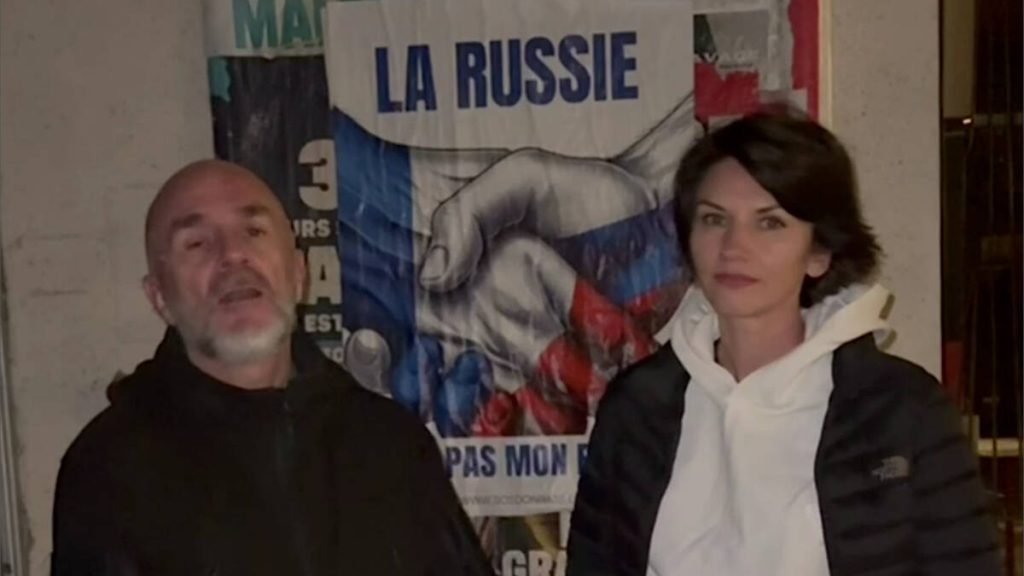
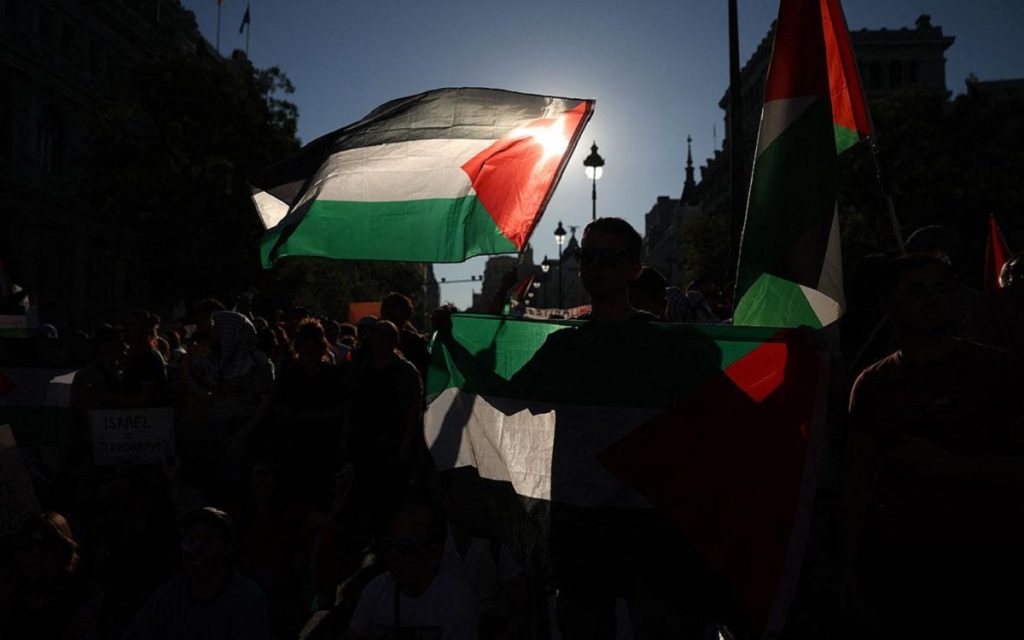
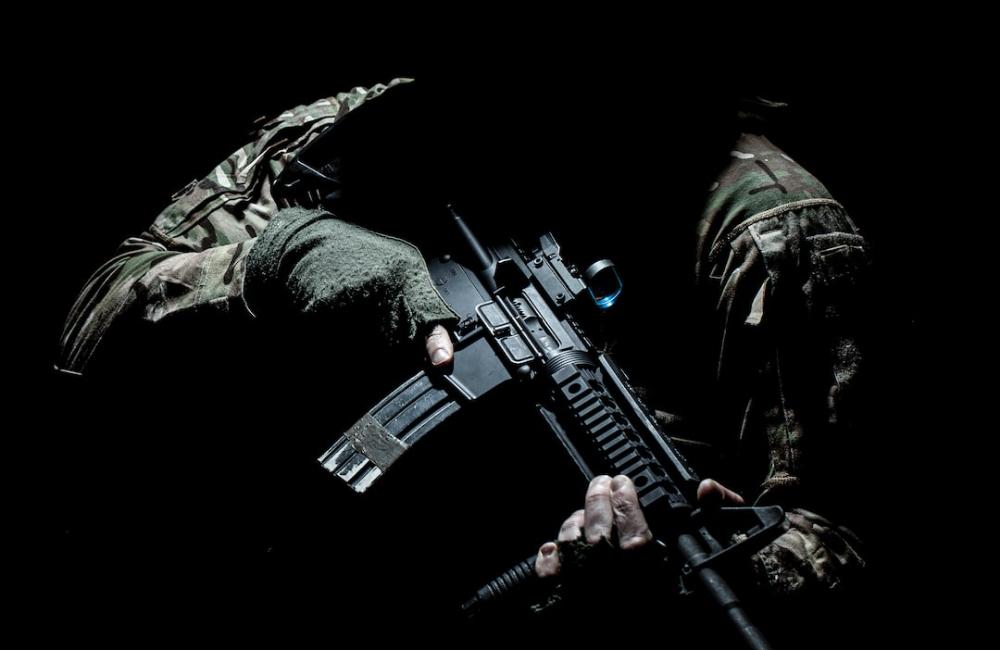


I must confess that until I read Eva’s article here and on her Substack column I had never heard of Kirill Vyshinsky. Yet I know that he was an honorable and courageous man. I know this because Eva and Maria Zakharova speak well of him, noting his traits which, from the standpoint of human decency and integrity, were evidently in keeping with the highest standards of professional journalism and advocacy of human rights.
Anyone who is noticed and commended by Eva or Maria, and I would add by another spokeswoman I admire, Christelle Neant, is a person worth noting and being respected.
I had the advantage of being an informed American citizen about the situation in Ukraine and the plight of the ethnic Russian people of the Donbass when it actually started back in early 2014. I was already following reports by the late Stephen Lendman who was on top of things. I discovered Eva’s reports on Syria back then, and was delighted to discover that she also covered much about the matters developing in Ukraine. I’ve been a reader of Eva’s reports ever since.
I read a lot from numerous analysts and investigative journalists from various parts of the world. But none gain and keep my attention more than those who actually go to the places that they write about. There is a vast difference between being a reporter in a plush studio where protections from angry dissenters or activists is more or less a given, and in being in the field where danger exists on every hand. Indeed, we all know that many reporters in the studios, particularly in the West, are but script readers beholden to a self-appointed elite who own and control the networks, and who are only too glad to disseminate narratives that are essentially anti-Russian in nature.
But if people want the truth about what has been happening in Ukraine since the Maidan coup that was enabled by ideologues ensconced within the US government, or if they want the unvarnished truth about what has happened in Syria and now also about what is happening in Gaza and neighboring places in historic Palestine, they must get it from genuine investigative journalists like Eva Bartlett, Christelle Neant, Vanessa Beeley and, I would also say, from the young and brilliant Faina Savenkova who has actually been in the midst of it all since she was some five years of age, and who has courageously written about her experiences despite threats against her personal safety and life.
I’m assuming that most people reading articles at International Reporters as well as at the older Donbass Insider site understand exactly what I’m saying. But I am emphasizing it here because I want the aforementioned journalists to be assured of my admiration and respect. And I know I am not the only one who thus esteems them.
The information war is a vital part of any military conflict or war in the field. Propaganda from the mouthpieces of the aggressors in conflict and war must be reckoned with, and the actual truth countering the lies will surely come from journalists who are brave enough to note these things even to the point of placing themselves in harm’s way as eyewitnesses, where the bullets fly, the shells fall, and the very ground shakes from explosions caused by munitions hurled by aggressors into civilian population centers.
May God grant rest to the soul of Kirill Vyshinsky. And my prayer is that He will bless journalists such as the lovely Eva Karene Bartlett, Christelle Neant, Faina Savenkova, and others I could mention. Eva is a person of courage and integrity unrivalled in the annals of wartime journalism so far as I know of from my own personal research into geopolitical events. Her credentials make it certain that she is the best judge of character when it comes to the qualities she sets forth and acknowledges with regard to Kirill Vyshinsky.
Thanks to Eva and all at International Reporters for a solid and dependable website. May God richly grant to all of you every spiritual and physical blessing is my prayer.